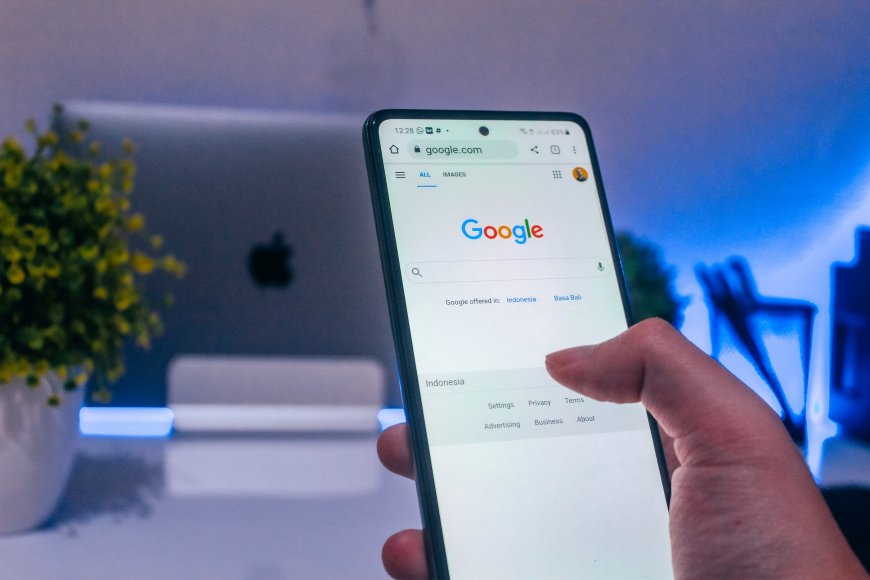What is Bard? Sundar Pichai, the CEO of Google, explains the brand-new AI chatbot Bard By Google

Google has presented another exploratory man-made intelligence chatbot named 'Poet', a conversational help pointed toward countering the ubiquity of the ChatGPT instrument upheld by Microsoft.
Bard comes in under about fourteen days after Microsoft unveiled its emptying billions of dollars into OpenAI, the San Francisco-based producer of ChatGPT and different devices that can compose clear text and create new pictures.
ChatGPT, made by the San Francisco organization OpenAI, has created an uproar for its capacity to compose papers, sonnets, or programming code on request in practically no time, starting far-reaching fears of cheating or of whole callings becoming outdated.
Microsoft declared last month that it was supporting OpenAI and has started coordinating ChatGPT highlights into its Groups stage, with assumptions that it will adjust the application to its Office suite and Bing web search tool.
Making sense of Bard, Google President Sundar Pichai in a blog post stated, “Bard seeks to combine the breadth of the world's knowledge with the power, intelligence, and creativity of our large language models."
Google's declaration came just before a man-made intelligence related sent off the occasion by Microsoft is yet a further sign that the two tech monsters will fight over the innovation, otherwise called generative artificial intelligence.
Free tech investigator Ransack Enderle let AFP know that "Generative simulated intelligence is a unique advantage and similar as the ascent of the web sank the systems administration goliaths that preceded (AOL, CompuServe and so on) visibly change the cutthroat dynamic for search and data."
"Google still largely lives off the fact their search engine is the most widely used, this could change that, relegating them to history," he added.
What is Bard?
Bard tries to consolidate the expansiveness of the world's information with the power, insight, and innovativeness of our huge language models.
Google's Bard depends on LaMDA, the company's Language Model for Exchange Applications framework, and has been developed for quite a long time.
"It draws on information from the web to provide fresh, high-quality responses," he added, indicating that the application would surrto-the-datee date reactions, something ChatGPT can't do.
Before the development of ChatGPT, which was delivered in late November, Google had been hesitant to send off its own language-based artificial intelligence dreading the reputational hazard of delivering innovation that needed to be prepared.
Scientists utilizing similar language models as Bard or ChatGPT have shown the innovation's capacity to regurgitate falsehood or garbage on a possibly gigantic scope.
Facebook-proprietor Meta in November to bring down the arrival of its own enormous language model called Galactica following three days when clients shared its one-sided and wrong outcomes via web-based entertainment not long after its delivery.
Pichai demanded that reactions produced by Bard would "meet a high bar for quality, safety, and groundedness in real-world information."
Furthermore, similar to ChatGPT, Bard would source its reactions from a restricted form of its base language model to decrease processing power and contact a more extensive crowd.
Vitally for its approaching duel with Microsoft, Google likewise said that clients would before long see artificial intelligence-fueled highlights in its web crawler.
Recent trend reactions would "distill complex information and multiple perspectives into easy-to-digest formats," Pichai said.
Web search tools expanded by generative artificial intelligence "will give structured answers to questions and no longer links," Thierry Poibeau, the CNRS research focus in Paris, told AFP.
Be that as it may, bots like ChatGPT "also give wrong answers, which is annoying for a search engine," said Poibeau.
